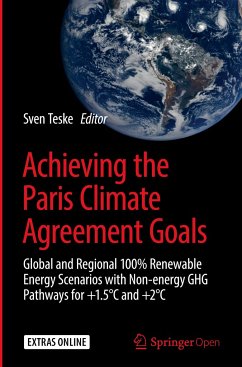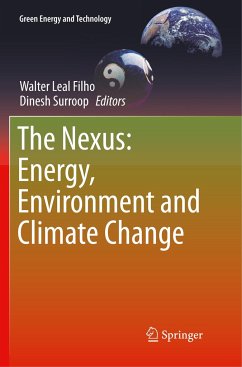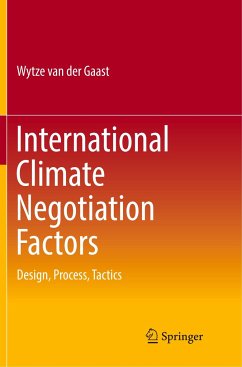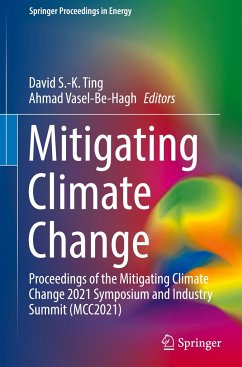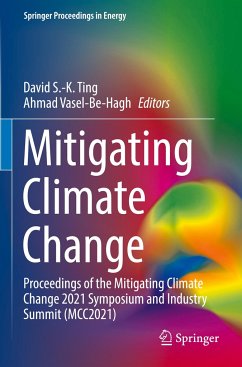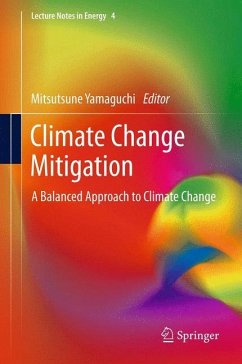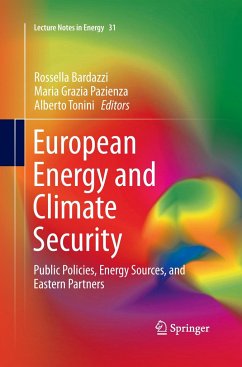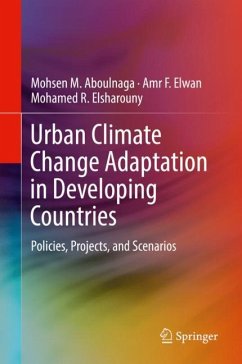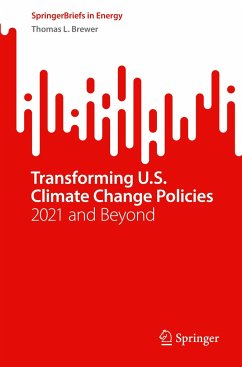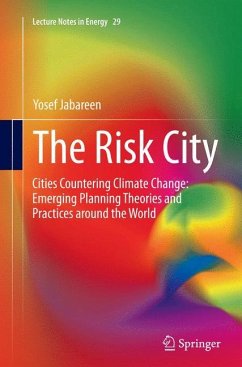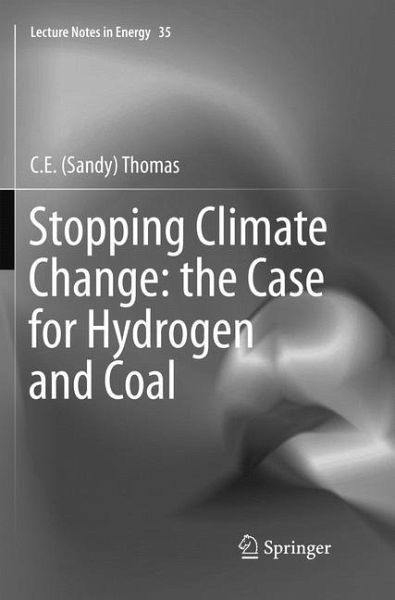
Stopping Climate Change: the Case for Hydrogen and Coal
Versandkostenfrei!
Versandfertig in 6-10 Tagen
76,99 €
inkl. MwSt.

PAYBACK Punkte
38 °P sammeln!
This book documents the advantages and limitations of various electricity generation methods. It illustrates how both electricity and motor fuel can be cost-effectively derived from coal, natural gas or other indigenous fuels, thereby eliminating our dependence on imported oil and the power of OPEC. It favours electricity generation systems powered exclusively by natural gas, coal, nuclear and renewables and motor vehicles powered by hydrogen (electricity from coal gasification with carbon capture and sequestration (CCS) and hydrogen as the fuel powering fuel-cell electric vehicles produced fr...
This book documents the advantages and limitations of various electricity generation methods. It illustrates how both electricity and motor fuel can be cost-effectively derived from coal, natural gas or other indigenous fuels, thereby eliminating our dependence on imported oil and the power of OPEC. It favours electricity generation systems powered exclusively by natural gas, coal, nuclear and renewables and motor vehicles powered by hydrogen (electricity from coal gasification with carbon capture and sequestration (CCS) and hydrogen as the fuel powering fuel-cell electric vehicles produced from natural gas or by gasifying coal With CCS.) The book also demonstrates that the US can meet the Climate Change goal of reducing all greenhouse gases by 80% below 1990 levels in both the transportation and electric utility sectors using hydrogen and coal.





